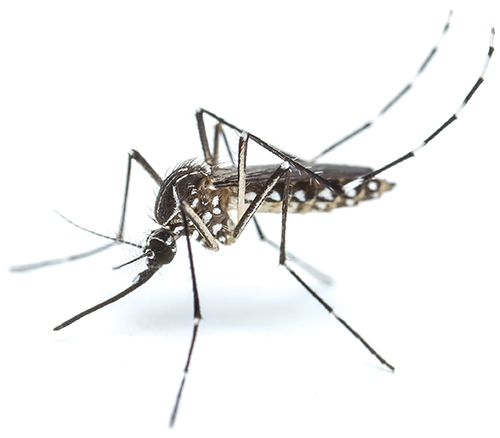Protecting against mosquitoes key to preventing Zika virus
By Thomas M. Miller, M.D., Alabama’s State Health Officer.
While the Zika virus is a growing threat, the Alabama Department of Public Health is working to prepare, protect, and educate Alabamians to meet the challenges of the virus and its risks to the health of our most vulnerable citizens.
To help prevent the local transmission of the Zika virus, protect against mosquito bites:
- Wear long-sleeved shirts and long pants.
- Use EPA-registered insect repellents containing DEET, picaridin, oil of lemon eucalyptus, or IR3535 as directed.
Everyone needs to help reduce the sources of mosquitoes around their homes. A few infected mosquitoes can cause large outbreaks and put families at risk of Zika and other illnesses. Adult mosquitoes live both inside and outside and bite day and night.
To reduce the risk of mosquitoes breeding around your home:
- Eliminate standing water in and around your residence. Once a week, empty and scrub, turn over, cover, or throw out items that hold water (tires, buckets, planters, toys, pools, birdbaths, flowerpots, trash containers).
- If you have a septic tank, repair cracks or gaps. Cover open vents on plumbing pipes, and use wire mesh with holes smaller than an adult mosquito.
- In your home, use screens on windows and doors, repair holes in screens, and use air conditioning when available.
Most Zika virus infections have no symptoms, with only about 1 in 5 people infected becoming ill. Symptoms include fever, rash, joint pain, conjunctivitis (red eyes), muscle pain, and headache.
Most concerning is the potential effect that Zika virus can have on the unborn baby. While infection with the Zika virus usually causes only mild symptoms, it is the cause of birth defects and other poor outcomes associated with infection during pregnancy. Congenital microcephaly, a condition characterized by an abnormally small head, has been recognized in large numbers of newborns in Brazil since the onset of the current Zika outbreak.
Pregnant women should avoid travel to Zika-affected areas. A list of countries experiencing Zika outbreaks can be found at www.cdc.gov/zika/geo/. Any pregnant woman who has traveled to a Zika-affected area during pregnancy should be evaluated and tested. If a woman is pregnant and has a male partner who has traveled to a Zika-affected area, condoms should be used consistently and correctly or the couple should abstain for the duration of the pregnancy since the Zika virus can be sexually transmitted.
Couples considering becoming pregnant should seek counseling and also consider postponing travel to a Zika-affected area. For couples in which one or both partners traveled to a Zika-affected country and were diagnosed with Zika or had symptoms compatible with Zika, men should wait at least six months after symptoms first occur before trying to get their partner pregnant and women should wait at least eight weeks prior to trying to get pregnant. If neither the man nor woman with a travel history had symptoms or was diagnosed, then both the man and the woman should wait at least eight weeks before trying to get pregnant. Some of the recommendations for males specify a longer time frame since it is thought that the Zika virus can persist for an extended period of time in semen.
In general, any person who has traveled to a Zika-affected area and has developed any of the symptoms listed above during travel or within two weeks after return should seek medical follow-up and evaluation for possible Zika virus testing.
While much about Zika remains unknown, strides are being made in understanding how to recognize, diagnose, and manage the complications of this virus. For further information, visit www.adph.org/mosquito.





